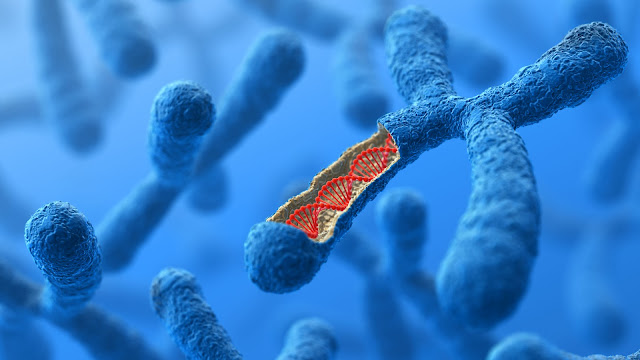Molecular Cytogenetics Has Also Been Used To Study The Genetics Of Complex Diseases
 |
| Molecular Cytogenetics |
In Molecular Cytogenetics, the
focus is on studying the genetic material of an individual at the molecular
level. This includes the analysis of chromosomal abnormalities, gene expression
patterns, and the mapping of genes and their function. One of the primary
techniques used in molecular cytogenetics is fluorescence in situ hybridization
(FISH), which allows for the visualization of specific sequences of DNA within
chromosomes.
The Global Molecular Cytogenetics Market Is Estimated To
Account For US$ 11,129.1 Mn In Terms Of Value By The End
Of 2027.
FISH is a technique that uses fluorescently labeled probes
to bind to specific DNA sequences on chromosomes. These probes can be designed
to target specific genes or regions of the chromosome, and when they bind, they
emit a fluorescent signal that can be visualized under a microscope. This
technique has revolutionized the study of chromosomal abnormalities, as it
allows for the detection of small mutations and rearrangements that would be
difficult to detect using traditional cytogenetic techniques.
Another technique used in Molecular Cytogenetics is comparative genomic hybridization (CGH),
which is used to detect chromosomal abnormalities in cancer cells. CGH is a
technique that compares the DNA of cancer cells to normal cells, and it can
detect gains or losses of genetic material that are characteristic of certain
types of cancer. This technique has proven to be highly valuable in the
diagnosis and treatment of cancer, as it allows for the identification of
specific genetic abnormalities that can be targeted with precision therapies.



Comments
Post a Comment